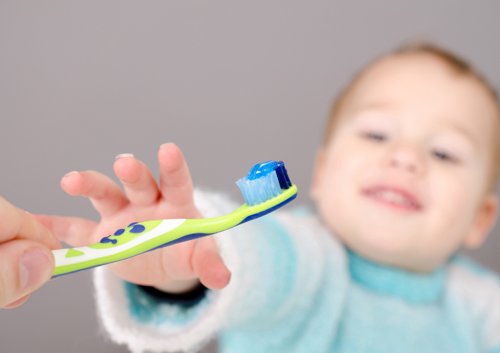Sunbeams and Beaming Smiles
August 6th, 2025

Long days in the sun’s rays offer you lots of options for outdoor activities. Beach time? Vacation? Open-air concerts? Baseball, biking, board sports? No matter what plans you have for these sunny days in Boston, Massachusetts, we have some tips to keep your smile beaming.
Use Sunscreen
Sunscreen is good for all ages and skin tones, and it’s also designed to protect your smile. Lip tissue is thin and delicate, and can easily be damaged by the ultraviolet rays which cause skin cancer and premature aging.
If your regular sunscreen isn’t suitable for your lips, there are many protective lip balms designed especially for your smile.
- Make sure you get the proper level of protection. Dermatologists recommend lip balms with a minimum SPF (Sun Protection Factor) of 30.
- Reapply at least every two hours, and sooner if your lips get wet or if you’re eating or drinking.
Protect Your Smile with a Mouthguard
Mouthguards help protect your teeth from damage caused by impact, whether from hard surfaces or hard elbows! Any time there’s a chance of a fall or a collision, a mouthguard is a good idea. Use your guard for:
- Biking, in-line skating, skateboarding, or any activity where an unexpected fall is possible
- Contact or low-contact sports like baseball, basketball, and soccer, where bodies collide with equipment or other bodies
If you play organized sports, you might already own a mouthguard. If not, talk to John Pappas about over-the-counter options or a custom-fitted model. And if you wear braces, no need to stay indoors! There are mouthguards designed to protect your teeth, cheeks, lips, and braces. Ask the team at Masterpiece Dentistry at Copley for recommendations.
Hydrate
On hot days, our brains help regulate our body temperature. How? By sending the signal to start sweating! Some heat is transferred from our bodies to evaporate perspiration, which helps cool the skin. But that cooling perspiration comes at a cost—the water we lose through sweat can lead to dehydration.
Water is essential for our health, and especially when it’s scorching outside. Drinking water throughout the day is healthier than drinking lots of water at one time, and your doctor can let you know the right amount of water for your body, since we’re not all built the same. A bottle of water doesn’t contain artificial ingredients, caffeine, or sugars, so it’s a great, healthy outdoor companion.
More? Water is also great for your smile!
- Water washes food particles and bacteria away from teeth and gums for fresher breath and a healthier mouth.
- Most communities add fluoride to their water, and fluoride strengthens tooth enamel to help you fight cavities. If your local water supply isn’t fluoridated, talk to your dentist about other treatments which can provide fluoride’s cavity protection.
- Hydrating helps prevent dry mouth. Normal saliva production doesn’t just keep the mouth moist for eating and speaking—it also protects our teeth and gums as it washes away food particles and helps counteract excess acidity in the mouth.
It’s easy to get distracted with summer activities and vacations—after all, they’re designed to be distracting! But don’t let your well-deserved fun in the sun distract you from your regular dental care.
Regular dental exams catch small problems before they become larger ones, and cleanings make sure your smile is bright all summer long. If you’re overdue for a visit to Masterpiece Dentistry at Copley, make room in your schedule for a checkup.
Summer can be a time to relax, renew, and recharge. While you’re enjoying those extra hours of sun, take care of your oral health for a beaming smile which will look great on you any time of year!




 Website Powered by Sesame 24-7™
Website Powered by Sesame 24-7™